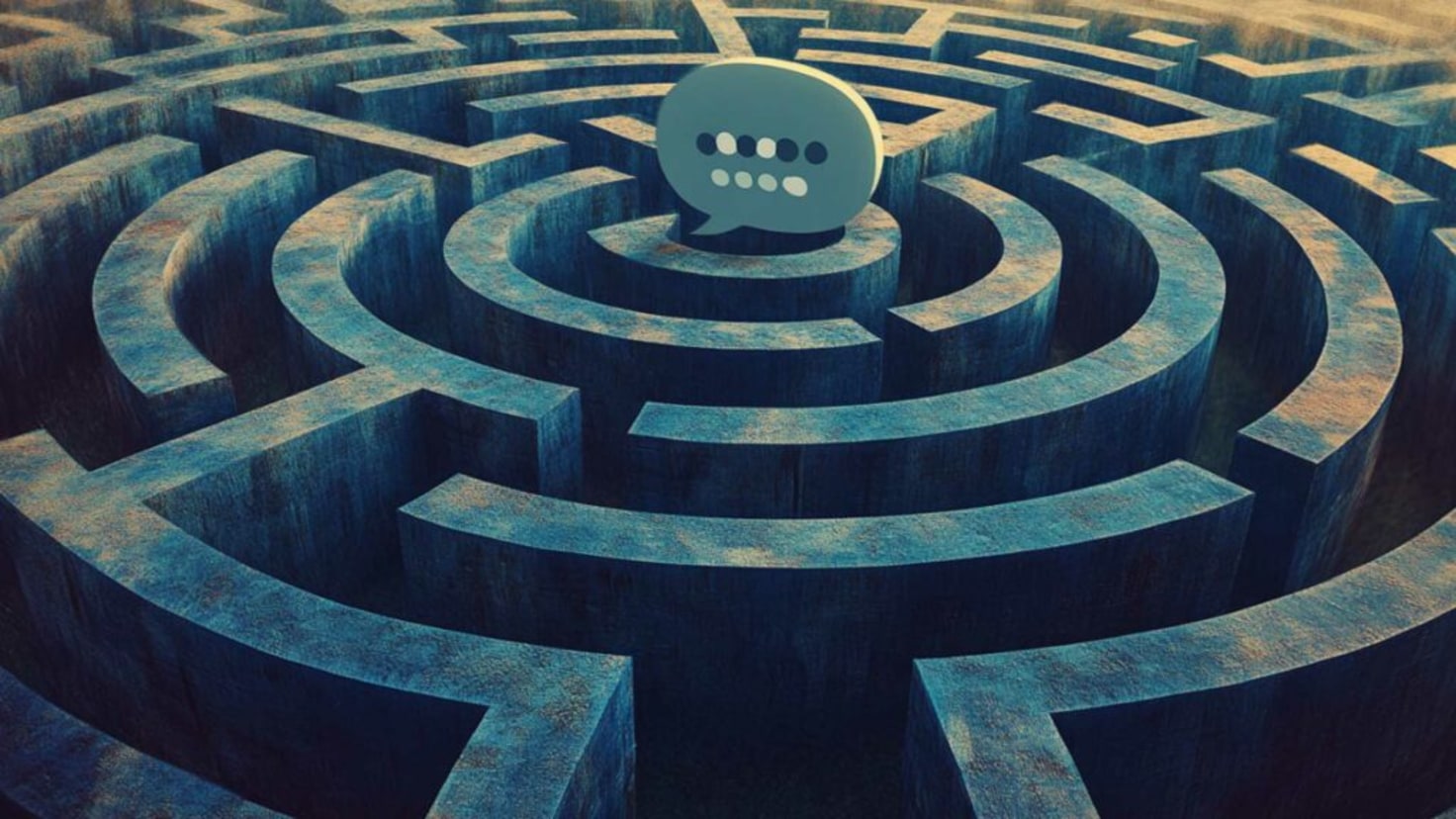Conference confirms Apple’s commitment to better software, privacy
Just weeks after Google’s I/O Developer Conference, Apple held its annual WWDC (Worldwide Developer Conference). The highly anticipated event usually means announcements about new platforms and gadgets. This year, however, Apple’s focus was not on hardware.
For a while, it seemed like Apple was playing catch up. The company that revolutionized tech a decade ago with the reveal of the iPhone has since been mostly resting on its laurels (and massive piles of cash). Apple has since been accused of falling behind on the innovation front and letting its design lose its old luster.
Whatever your opinion of modern tech’s granddaddy, there’s no doubt that Apple still holds considerable clout in the industry and, despite falling iPhone sales, is still insanely profitable. This year at WWDC, Apple strayed away from hardware releases like they’ve featured in the past to focus on software and OS updates.
macOS
Finally moving away from the OS X label in order to create consistency across the Apple line of products (iOS, watchOS, etc…), Apple has renamed its desktop operating system macOS. The first iteration of macOS still bears a mountain-themed title: Sierra.
Sierra will improve upon Mac’s existing features and add some brand-new ones as well.
Frequent ⌘ + C’ers will rejoice at cross-platform copy: clipboard items will now be stored in the cloud for cross-device pasting. You’ll also be able to save and access desktops in the cloud, letting you create a shared workspace across multiple Apple products. Similarly, default Documents and Pictures folders will now be accessible from the cloud.
A few other cloud-integrated features are included, such as automatic storage optimization and uploads, but the biggest macOS announcement was the introduction of Siri on the desktop. Everyone’s favorite AI assistant will now be accessible on all Mac devices, and she’s boasting some serious functionality.
Teaser videos show Siri searching for documents using specific parameters like “show me documents I opened yesterday” which will make life easier for those who hate organizing their files. Siri will also do basically everything she does on mobile, just heavily integrated into macOS.
watchOS Upgrades
For wearables fans, this WWDC was quite exciting. An entire new watchOS was announced, promising better interface options for users. This post talks about how Apple has been closely observing watchOS usage to determine how it can improve the platform. Now it seems they’re going to make use of all the data, essentially scrapping the entire operating system and starting over.
UI changes include the Apple Watch’s side dial now allowing wearers to simply scroll and access all of their available apps. “Glances” will also allow users to quickly view texts, emails, and other notifications. watchOS will also communicate with Mac devices to auto-unlock laptops when a specific user’s Apple Watch is near. Some aesthetic changes are coming as well, including an array of new watch faces to choose from. But overall, these changes aim to make the Apple Watch more convenient and less time-consuming to use.
A final watchOS feature announced at WWDC was one of the coolest at the entire conference. Soon, with the use of Apple’s Homekit software, Apple Watches will become a central command center for a user’s home network of IoT devices. Imagine being able to turn off your lights, unlock your front door, or change the temperature with a flick of your wrist.
iOS 10
iOS 10 is indeed a new version of Apple’s iPhone operating system, but most of the changes are coming through new and existing Apple apps. Not much change has been announced to the platform itself from a UI/UX standpoint, as we normally expect to see with iOS updates. Instead, most of the announcements were for new features and major upgrades for some of Apple’s flagship apps. While some new features are a bit gimmicky and some seem to attempt to match recent Google announcements, some big new features are indeed coming.
Included with iOS 10 will be a revamped Apple Music app, an improved iMessage, and (wait for it…) the ability to remove default Apple apps from your homepage.
Apple Music’s much-maligned user experience will see some specific changes in iOS10, including auto playlists comparable to Spotify’s popular Discover Weekly playlists. iMessage is getting a ton of new features, including the ability for users to add hand-written messages, attach stickers, and change the appearance of their SMS messages. It looks like Apple is moving to compete with other feature-rich messaging apps like Snapchat and WhatsApp.
...
By focusing mainly on software updates and not announcing any new hardware releases, Apple is addressing some critics’ remarks that their operating systems have been lagging behind their competitors’ offerings. Also mentioned at WWDC was Apple’s continued commitment to user privacy. Senior Vice President of software engineering Craig Federighi talked about how Apple tries to learn as little as possible about each Apple user, but those big-picture statistics are essential to designing better software.
He went on to introduce Apple’s new method of data collection, ‘Differential Privacy.’ Essentially, this new method focuses on collecting large-scale usage data without learning much about the specific users. It’s comparable to what the NSA claimed to be doing when collecting “metadata” about U.S. communications. In the past, Apple has been Silicon Valley’s biggest consumer privacy advocate, so these data collection methods, meant to protect each individual user’s data from potential hacks, make sense when viewed alongside Apple’s overall mission.
While some may have been disappointed about the lack of big gadget announcements from WWDC 2016, these “smaller” software updates will go a long way in protecting Apple’s image as great designers as well as in protecting them against looming competition. Plus, iPhone fans will only need to wait until September of this year to learn about the latest iteration of the device, the iPhone 7.


